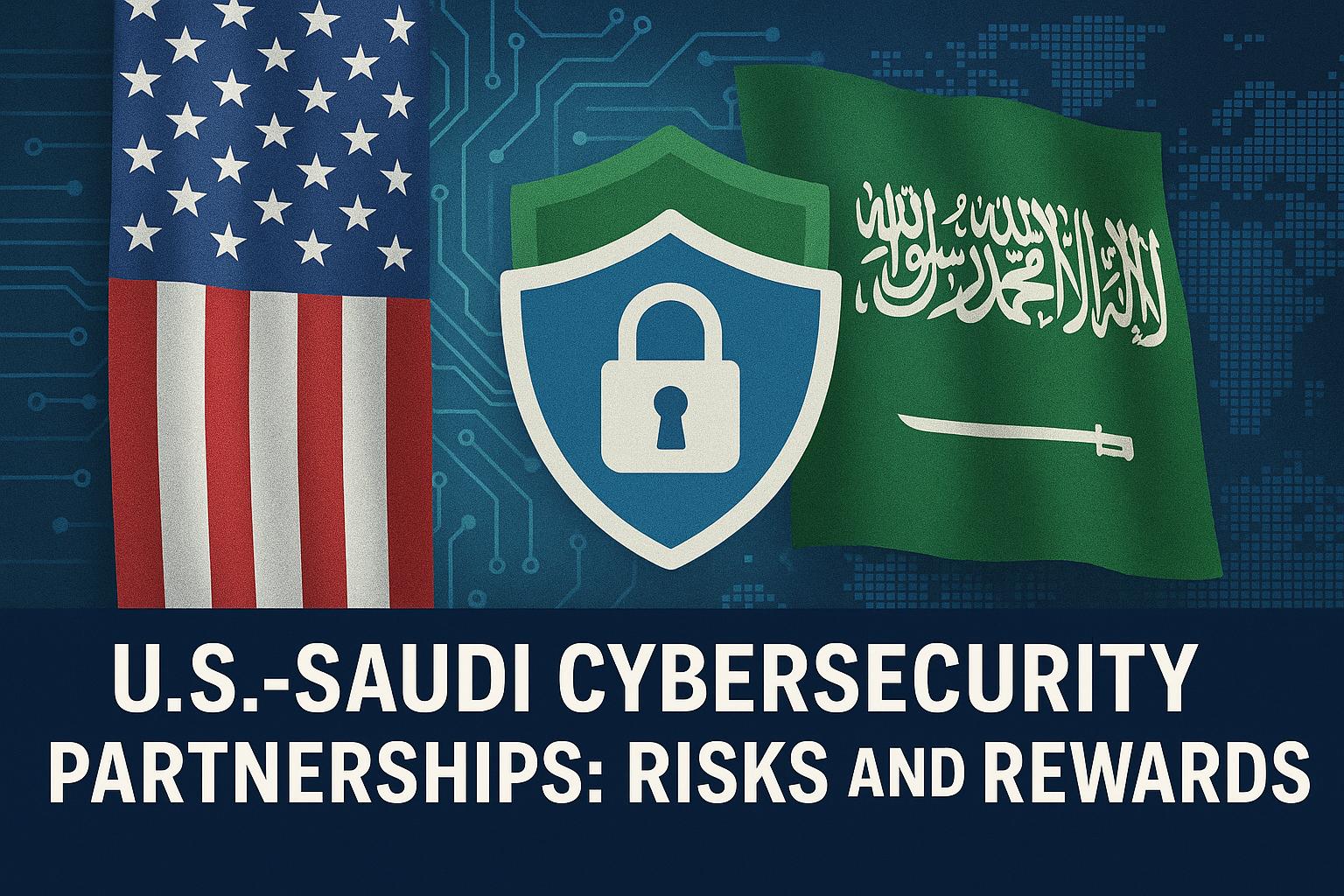Challenges for US Entrepreneurs in Saudi Arabia
The business landscape in Saudi Arabia presents a unique set of challenges for US entrepreneurs looking to expand their operations internationally. Understanding these challenges is crucial for achieving success in this market.
Cultural Differences
One of the primary challenges American entrepreneurs face when entering the Saudi market is navigating the cultural differences between the two countries. The business culture in Saudi Arabia places a strong emphasis on relationships and trust. This often requires more time to establish business relationships compared to the United States. Entrepreneurs must invest in understanding local customs and communication styles to effectively engage with Saudi partners. For instance, personal interactions and face-to-face meetings are often more valued than written communication. Building rapport and showing respect for Saudi traditions can lead to more successful business dealings.
The process of relationship-building may extend well beyond initial meetings, often involving social interactions to gain mutual trust. Patience and commitment are integral as the pace at which deals progress in Saudi Arabia may differ from the United States. Entrepreneurs should be prepared to adapt their communication and negotiation strategies to align with local expectations, emphasizing courteousness and politeness.
Regulatory Environment
The regulatory environment in Saudi Arabia is another significant challenge. While the country has been working to simplify business regulations as part of its Vision 2030 initiative, navigating the legal and regulatory landscape can still be complex for foreign entrepreneurs. It is vital to stay informed about the latest legal requirements and to consider consulting with local advisors or legal experts to ensure compliance.
Compliance with the regulatory framework involves paying attention to legal stipulations regarding company formation, tax obligations, employment regulations, and industry-specific guidelines. The constantly evolving nature of the regulatory landscape can be difficult for foreign businesses to navigate without local expertise. Furthermore, the interpretation and application of laws may vary, necessitating a flexible approach to legal compliance.
Additionally, obtaining the necessary licenses and permits can be a protracted process. US entrepreneurs are advised to seek collaborations with local firms or consultants who understand the intricacies of Saudi bureaucracy to facilitate smoother operations.
Economic Diversification
With the focus on diversifying the economy beyond oil, US entrepreneurs may encounter challenges related to market fluctuations and changing economic priorities. The evolving economic climate makes it important to stay adaptable and informed about new opportunities and sectors that are gaining traction in Saudi Arabia, such as technology and tourism.
The uncertainty during the economic transition presents both risks and rewards. While entering sectors like oil may face reduced incentives, new areas of business are emerging. Entrepreneurs must remain vigilant to sector-specific policy changes and react to shifts in economic focus. Establishing a competitive edge often requires an innovative approach and staying informed about emerging trends that fit into Saudi Arabia’s economic goals.
This diversification pivot underscores the importance of strategic planning and market research. Entrepreneurs must be proactive in understanding which sectors are poised for growth and structuring their business models to fit these emergent opportunities.
Opportunities for US Entrepreneurs in Saudi Arabia
Despite the challenges, there are also numerous opportunities for US entrepreneurs in Saudi Arabia, driven by the country’s ambitious development goals and strategic investments in various sectors.
Vision 2030
Vision 2030 is a transformative economic and social reform plan aimed at reducing Saudi Arabia’s dependence on oil and fostering a more internationally competitive economy. This initiative opens significant opportunities in sectors such as technology, healthcare, education, and entertainment. US entrepreneurs can leverage their expertise in these areas to participate in the country’s developmental journey.
The Vision 2030 agenda is substantial in scope, with projects like NEOM—a smart city initiative involving significant investment in technology and sustainable living solutions. Likewise, sectors like healthcare and education are undergoing reforms to increase capacity and quality, creating room for new entrants that can meet these evolving standards. The entertainment sector, long restrictive, is now opening up, encouraging innovations and fresh entrants.
Growing Market Demand
Saudi Arabia’s growing population and rising income levels have led to increased demand for a wide range of products and services. This includes consumer goods, healthcare services, digital solutions, and more. For US entrepreneurs, this presents an opportunity to cater to a fast-growing market with a desire for quality and innovation.
With a large youth population, the demand for digital and technologically advanced products is particularly high. Healthcare advancements are sought after, particularly in modern medical technologies and pharmaceuticals. Moreover, lifestyle changes are increasing the appetite for new and unique consumer goods aligned with the cultural shift towards modernization.
US entrepreneurs can capitalize on these trends by offering products and services that fit the needs and preferences of Saudi consumers. The ability to innovate and introduce quality products can be a significant advantage in gaining market traction.
Government Support
In recent years, the Saudi government has made strides to create a more business-friendly environment for foreign investors. Initiatives include streamlined procedures for setting up businesses, investments in infrastructure development, and favorable tax conditions. These measures enhance the prospects for US entrepreneurs to establish and grow their businesses in the country.
The government has introduced several initiatives to attract and retain foreign entrepreneurs, such as expedited business registration processes and reduced bureaucratic inefficiencies. The establishment of Special Economic Zones (SEZs) and incentives for foreign startups in priority sectors also reflect its commitment to fostering business growth. This, combined with modernization of infrastructure, provides an attractive proposition for US businesses considering entry into the market.
Conclusion
The challenges of entering and operating in the Saudi Arabian market are offset by substantial opportunities driven by the country’s commitment to diversification and reform. For US entrepreneurs willing to adapt and engage with the local culture and regulatory environment, Saudi Arabia offers a promising landscape for growth and investment.
Successful engagement in the Saudi market requires a blend of strategic insight and cultural understanding. Entrepreneurs must balance short-term challenges with long-term benefits, ensuring compliance with local laws while seizing expansion opportunities introduced under Vision 2030. The evolving business landscape provides a fertile ground for innovation, making Saudi Arabia a hub for potential global business expansions.
This article was last updated on: July 27, 2025




